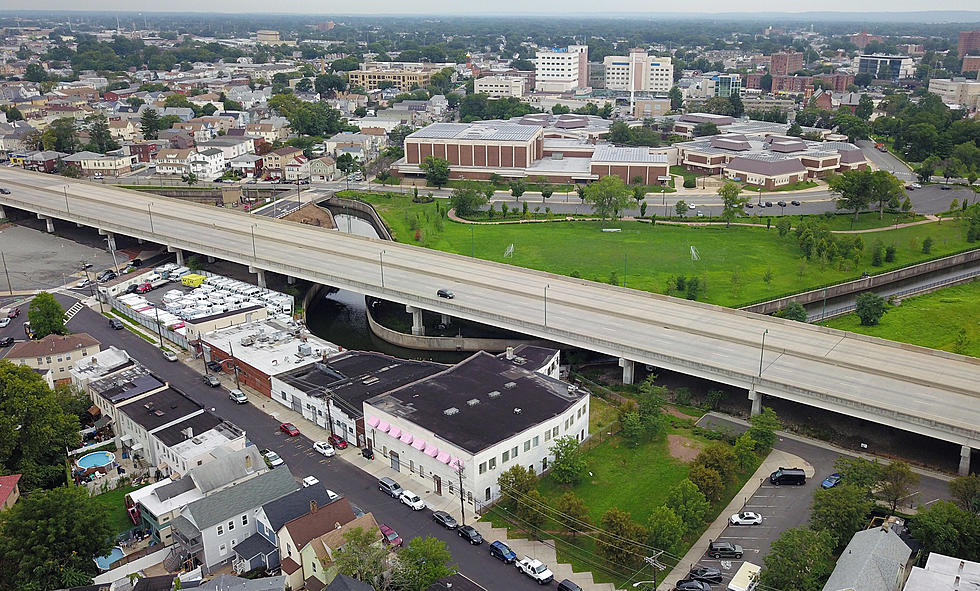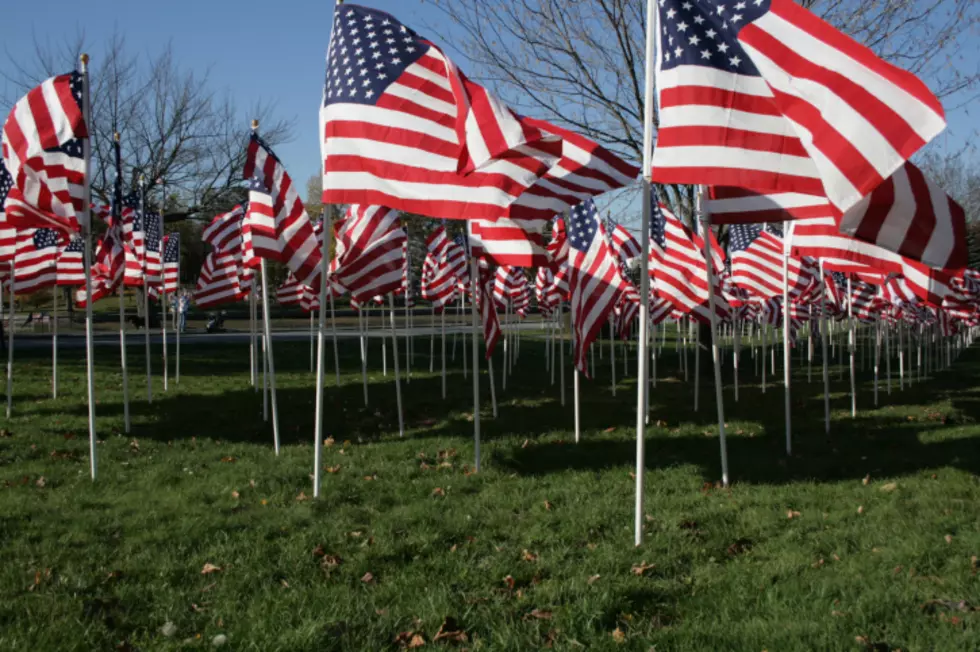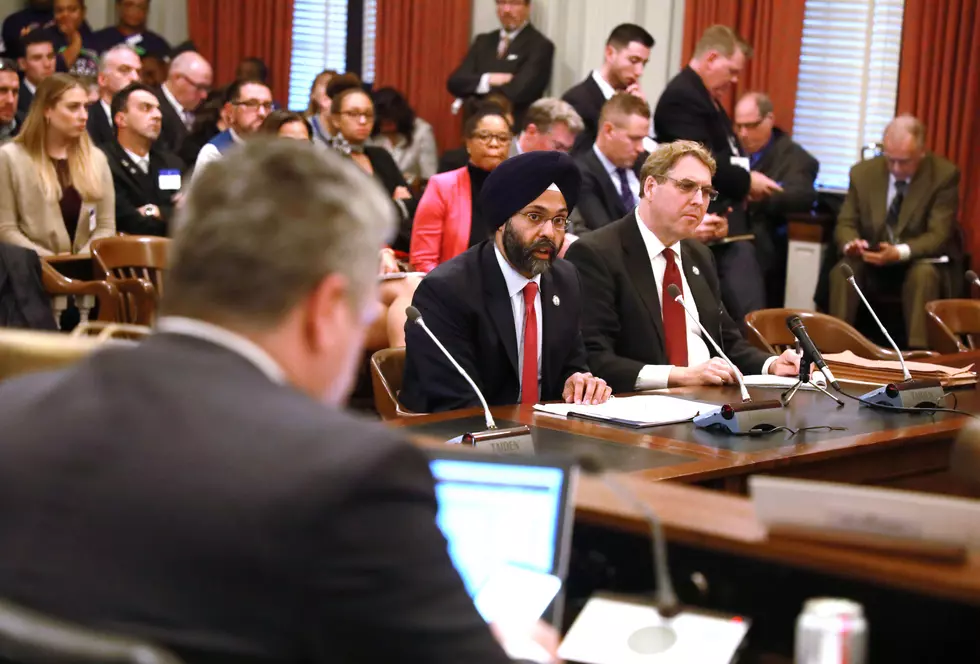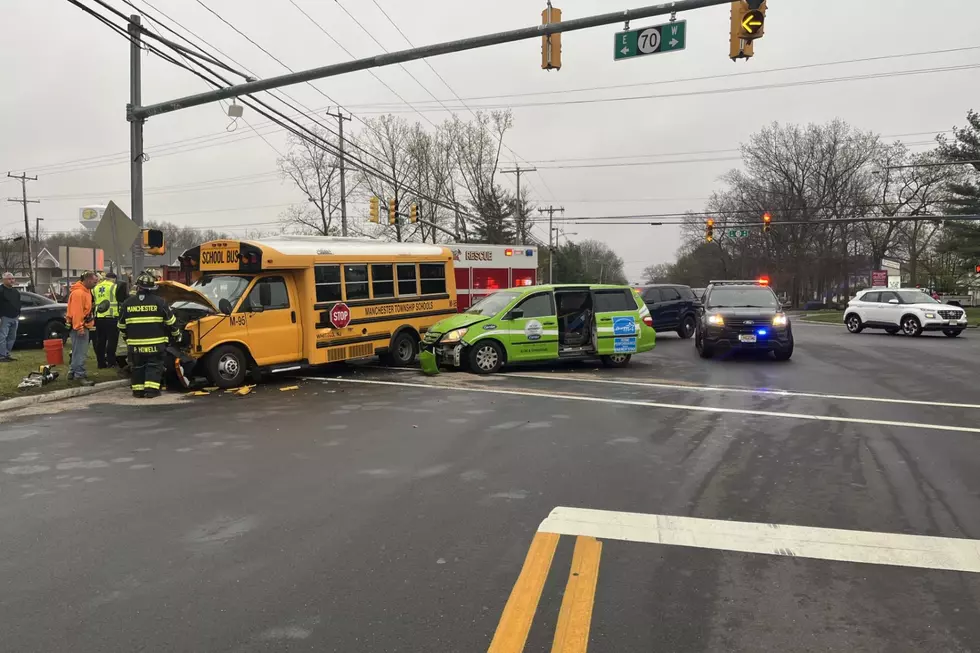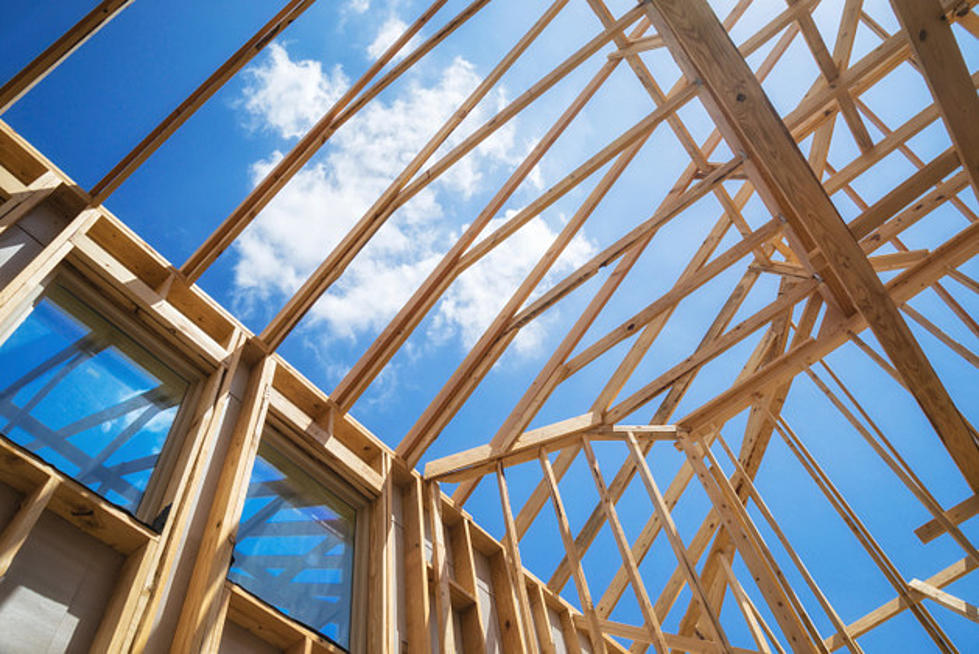
NJ could create hard requirement for affordable housing units
No matter where it may be in New Jersey, a new housing project with 30 or more units must have at least 25 percent of those units set aside for low-to-middle income earners to afford, under a proposed law that's taken its first step forward in the state Legislature.
Under the measure advanced by an Assembly committee, builders who opt against the affordable-housing minimum would be forced to pay a fee equal to 25% or 30% of the project's total cost.
While housing advocates believe the change to the state's affordable housing rules would open more doors to those in need, groups opposed to the measure fear it could actually be detrimental to addressing the state's affordable housing needs.
"It could lead to a lot of projects not being feasible and therefore not being built," said Nicholas Kikis, vice president of legislative and regulatory affairs for the New Jersey Apartment Association. "It could also lead to other projects where you see the costs drive up significantly and further exacerbate the affordable housing crisis that we have as a state."
Assemblywoman Britnee Timberlake, D-Essex, said her "inclusionary zoning" bill can reduce displacement of lower-income residents in urban areas looking to gentrify. The bill, which does not replace obligations already in place, may help suburban areas get closer to meeting their obligations, she said.
"There's no one silver bullet or special fix for affordable housing," Timberlake told the Assembly Housing and Community Development Committee before the bill was advanced with a party-line vote. "It really does take a lot of different approaches to get it right. This here is just one of those ways."
Specifically, the bill requires that 5% of a project with 30 or more units be set aside for very low income housing; 10% for low income housing; 5% for moderate income housing; and 5% for middle income housing. The set-aside units can be developed offsite of the project, but must go up in the same municipality, the bill states, and any they would be reserved for a period of at least 98 years.
Jeff Kolakowski, chief operating officer for the New Jersey Builders Association, said the group has "a lot of grave concerns" over the measure — among them, the minimum 25% fee for failing to meet the requirement. He said the payment would go to an affordable housing trust that some towns are just "sitting on" and not using.
Kolakowski echoed concerns that developers may see these projects as unprofitable and pass on them completely.
"I have a concern this bill may be unconstitutional and may be inconsistent with the Fair Housing Act," Kolakowski added. "You can't just foist this responsibility on the development community without giving them something in exchange."
More from New Jersey 101.5:
Contact reporter Dino Flammia at dino.flammia@townsquaremedia.com.
More From New Jersey 101.5 FM


